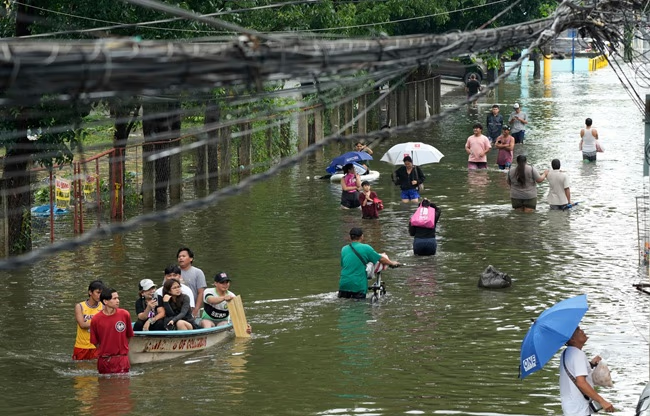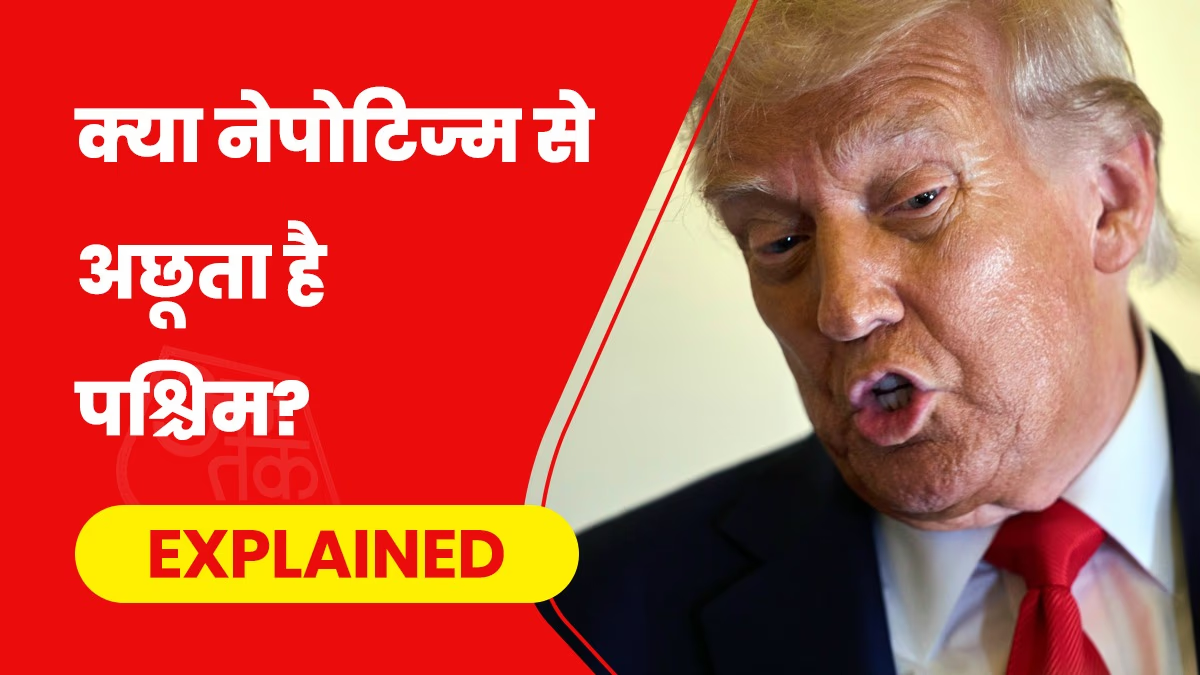Nepotism has been a whispered topic for long, but now public outrage is gaining momentum. In Nepal, Gen-Z's fury against 'Nepo Kids' led to a shift in power. Now, the same trend is visible in the Philippines, as 'Nepo Babies' become the target of online trolling and street protests. The protesters question, 'If we pay the taxes, why should the children of the affluent enjoy life?' It's worth pondering why this uproar over nepotism is confined mostly to Asian nations.
Why Are People in the Philippines Angry Now?
In July, relentless rains and storms wreaked havoc. Even the capital wasn't spared. Official data confirms hundreds of lives were lost, thousands of homes submerged, and nearly 1.5 million people displaced. Schools had to be converted into shelters. Provisions for electricity and water took a long time to restore.
The real outrage erupted when it was revealed that billion-dollar flood control projects existed only on paper. The bridges, dams, and drains, which were supposedly funded with millions, either remained incomplete or were non-existent. The public realized that leaders and contractors were lining their pockets at the expense of people's lives. Meanwhile, on social media, many 'Nepo Kids' showcased their glittering lifestyles, fueling the anger that eventually made 'Nepo Babies' a trend online. Concerns emerged about politicians' children enjoying parties, luxury cars, and foreign trips while the public struggled amidst debris.

Source: aajtak
Government's Response
The anger wasn't limited to online trolling. A major protest is anticipated on September 21. The government, fearful of a scenario similar to Nepal's, hastily announced an independent investigation into corruption, free from political interference, with assurances of punishment for the guilty. Additionally, the President has canceled all flood control projects planned for next year, reallocating the funds towards agriculture and healthcare, as this disaster-prone nation often prepares significant funds for future calamities.
Nepotism isn't just a topic of discussion in Nepal and the Philippines; several Asian countries are addressing it. Interestingly, these are primarily Asian countries. Does this mean that the Western nations, which Asia often emulates, are untouched by the 'Nepo' trend? If not, why isn't there much discourse there?
In the West, notably in the USA and Europe, nepotism is indeed prevalent. In Hollywood, politics, and corporate boards, legacy advantage remains strong. For instance, in Hollywood, children of stars frequently become producers and movie stars themselves. Corporate sectors exhibit similar trends. Politics too witnesses dynastic rule, with several lawmakers, ministers, and government officials maintaining family roots in power.

Source: aajtak
A major campaign did emerge just before COVID-19 erupted in the USA, focusing on legacy hiring in politics, sparking media controversy but not translating into street actions. One reason could be the strong emphasis on privacy in the West; allegations such as 'You're a Nepo!' aren't publicly laid out, although skirmishes may occur behind closed doors.
Legal Measures Against Nepotism
In the late 1960s, the U.S. implemented the Federal Anti-Nepotism Law, barring the President from appointing his relatives, including children or other family members, to government jobs. Government positions must be filled based on merit and experience, excluding immediate family members such as siblings, parents-in-law, etc. Due to stringent laws, such cases, if they arise, head straight to the courts, bypassing public protests.
Though U.S. President Donald Trump faced nepotism allegations, during his first term, he assigned significant White House positions to family members, like appointing his daughter Ivanka as a Presidential Advisor, despite her lack of political experience. Trump defended his actions, stating that advisory positions weren't covered by the legal realm.




